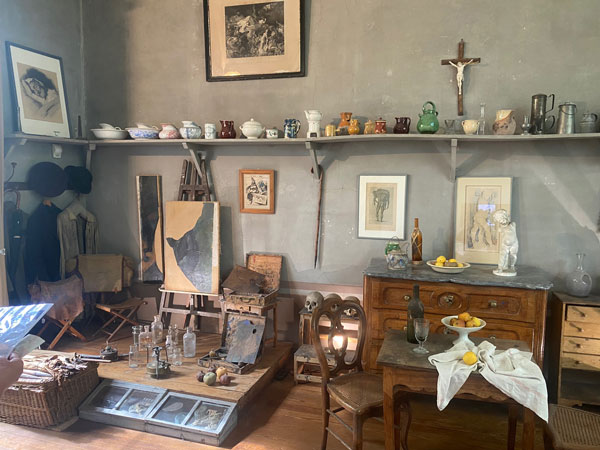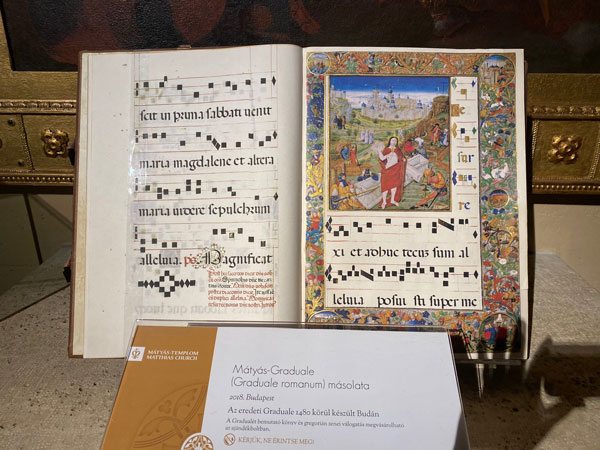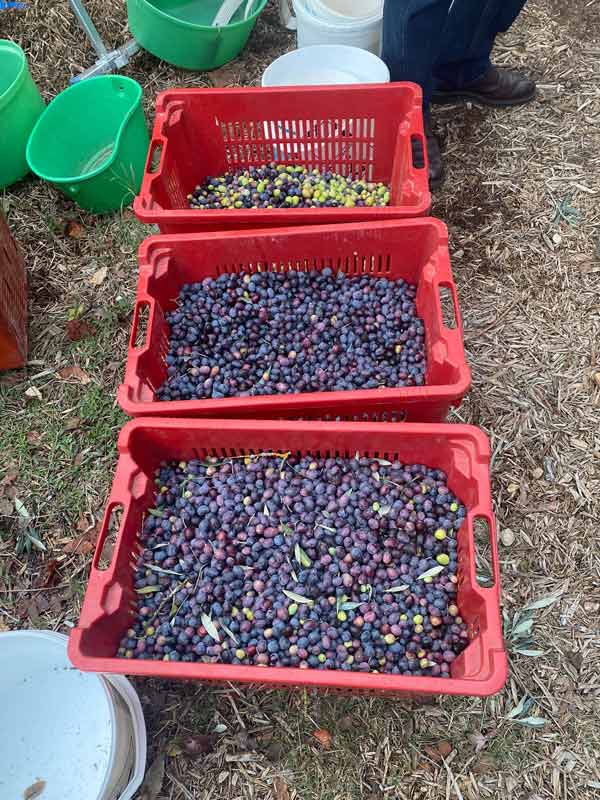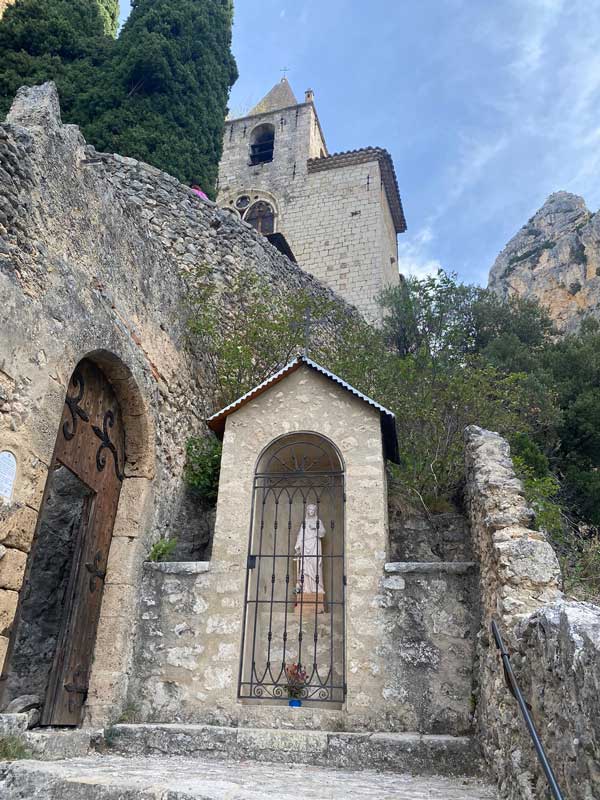4 Questions to Ask Yourself About Making Study Abroad your Résumé’s Focal Point
I bet you’re not looking at this upcoming wild adventure of studying abroad with CEA CAPA and thinking, “Wow! What a great experience to put on my résumé!” I can also guarantee that you’re not thinking about what professional experience you can earn and show off to the world like the brave, competent, and adventurous person you are. But there are some things you should think about moving forward so that you can highlight what you did and learned abroad in future job opportunities.
This way you can make the most not only of the fun you’ll experience on your study abroad program but also the hard work you put in to slay that foreign language, internship abroad, or even just a new experience in an international world. Ask yourself this:
How do I phrase this on my Résumé? What professional skills am I developing?
Résumés are scary things. Study abroad should not be a stressful experience where all you’re thinking about is how you earn credits and all that boring stuff. You should first and foremost focus on choosing the study abroad classes and experiences you love.

Choose classes that help develop your language skills and that emphasize your passions and favorite elements of your major. If you’re like me when I studied abroad and had a plethora of electives to choose from, make unique choices, expand your cultural competence, and learn something new! These foundational pieces of your experience are the most fun choices you can make and always translate to valuable and unique skills on your résumé.
To phrase it differently, look at keywords: does that Environmental Biology class develop fieldwork skills? Does your Spanish Business Literature class teach you how to adapt international lingo and jargon to the workforce? Can your art pieces from Impressionist Painting be displayed at a local art gallery?

Professional skill development can occur alongside any activity you do while abroad, including travel! It’s all in perspective! Struggling to buy oranges at the market in the local language and adapting by using hand signals and the words you know translates to adaptability, flexibility, and resiliency. Doing homework on the plane or bus instead of sleeping or doom-scrolling so that you keep up with classwork translates to efficiency, multitasking, and time management. The possibilities are endless.
Look for extra lectures and classes that your university, CEA CAPA, or local communities offer. This can include performances, community groups, and creative activities that teach you brand new skills. Interaction with diverse groups of people, a new language, and the ability to develop resources and contacts are a few others. Most universities also offer professional services, academic advising, and writing help, so take advantage of your resources too!
2. Can I find an internship, volunteer work, or research emphasizing my experience abroad?
Most of us can't fathom giving up our travel time to participate in internship programs or extra research. Here’s the thing: most study + internship programs abroad offer you these opportunities and understand you want to explore all over the continent. They offer work during the week, flexible hours, in-class activities instead of external programs, and even short-term projects. This way, your weekends are free, or you can work when you want. I managed to do research and volunteer work, and neither interfered with my travel (and I was a traveling fiend!).

With respect to developing yourself as a professional and a student, these opportunities give you the cultural competence, academic prowess, and professional skill sets that make you an appealing candidate to various job fields. In particular, international companies, government organizations, and teaching positions. All wonderful ways to start a career if you don’t have ideas yet about your direction after college!
3. What if I want a job in my host country after graduation? (And how to start now)
If you're looking for the opportunity to live and work abroad, the best place to start is where you're at! Ask your professors. Ask the staff of the university! Ask CEA CAPA! Ask your host families! They have a fantastic perspective on what it means to live and work in your country of choice. They can tell you about food and housing costs, what visas or job permits you need as a non-native, and even what companies are better options during the job hunt.
Global connections are some of the most fundamental pieces of getting work and keeping work abroad. They help advocate for you when you are too far away to advocate for yourself. They can be your base of operations, confidante, and foreign expert all in one. So, take the opportunity to shake hands, smile, and try to talk to everyone you can! (The internships and volunteer opportunities I mentioned are great places to start).
Don’t lose hope or let the daunting task overwhelm you! Just as you embark on this experience (or have already come home), the question of living abroad is possible with the right mindset, thirst for adventure, and support behind you!
4. How do I make the most of Studying Abroad?!
In short, try everything.

Sign up for that extra class. Go to performances, lectures, and museums. Schedule that plane ticket. Do your homework. Call your parents (Don’t forget to send them pictures!). Meet new people. Try that weird food you’re not so sure about. Talk to your professors and ask for their advice. Try to speak the language, even if you know nothing when you get there! Live big.
This is a once-in-a-lifetime experience for the majority of us, and professional and academic concerns will be in our home countries when we return. Money comes and goes. There is no substitute for living life with vigor and throwing yourself into an unforgettable adventure abroad.

Learn about yourself and every aspect of being a student growing into a big world that grows bigger every day. Find your adventure every day. That is how you’ll be the most successful, desirable, and qualified student and professional in your field. Because you’re constantly growing and striving to be better. Settle for nothing less, and I have faith you'll change the world.











